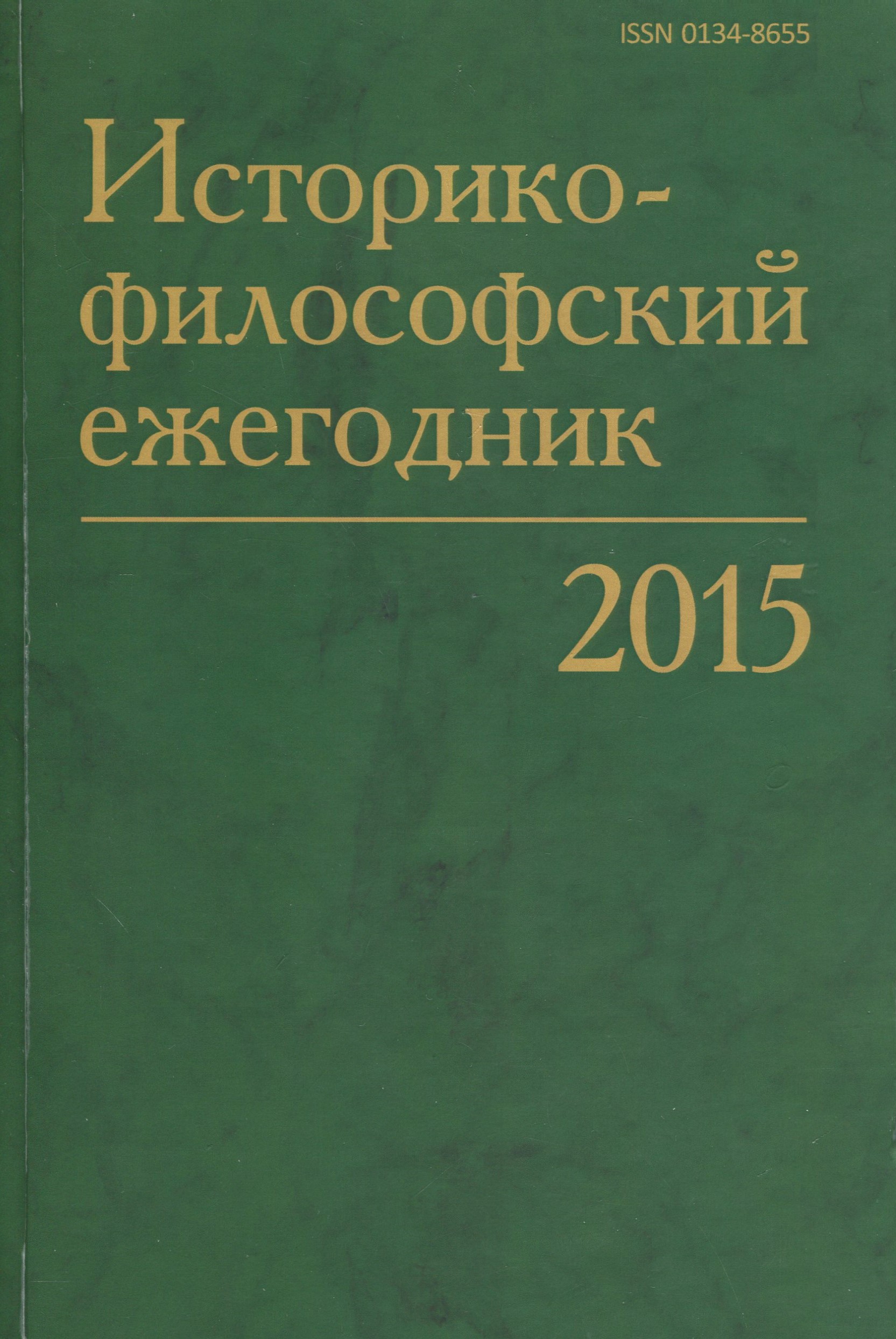Discussions on the active intellect in the early 14th century and the «Basle Compendium»
Keywords:
European philosophy of the Middle Ages, medieval Aristotelianism, theory of intellect, scholastics, German Dominican School, Albert the Great, Thomas Aquinas, Dietrich of Freiberg, Meister EckhartAbstract
The article provides a detailed analysis of the discourse on the active intellect presented in the anonymous Latin scholastic compendium entitled «Utrum beatitudo consistat in intellectu agente?» (Basel, UB, ms B III 22, ff. 182ra–183vb). This text was written in a from of a quaestio and contains an overview of the theories of the active intellect from Plato to Dietrich of Freiberg. This text was edited twice: first in 1936 by Martin Grabmann, and at the second time in 2004 by Alessandra Beccarisi. It is assumed that this compendium was composed in Basel in the early 14th century by unknown Dominican master. Criticizing the Dietrich’s of Freiberg ontology of the unity of intellect and of rational soul as the basis for beatitude that excludes any multiplicity, the author of the compendium agrees at the end of his reflections with the opposite concept of the active intellect attributed to Thomas Aquinas, who was at that time not yet declared a saint (he is called in the text «brother Thomas», frater Thomas). The article describes in detail the theories of the active intellect which are known from the writings by medieval Dominican scholastic thinkers (Albert the Great, Thomas Aquinas, Dietrich of Freiberg, Meister Eckhart). These theories are considered from the perspective of their relation to the debates about a connection of the active intellect to the beatitude of the human existence that seems to be deeply rooted in the intellectual nature of the human soul. Most attention is paid to the question of why the main object of criticism in the Thomistic oriented Basle compendium is the theory of Dietrich of Freiberg, and why the theories of Albert the Great and Meister Eckhart are hardly mentioned in this text. The article is accompanied by a complete translation of the Basle compendium from Latin into Russian made by Mikhail Khorkov.

